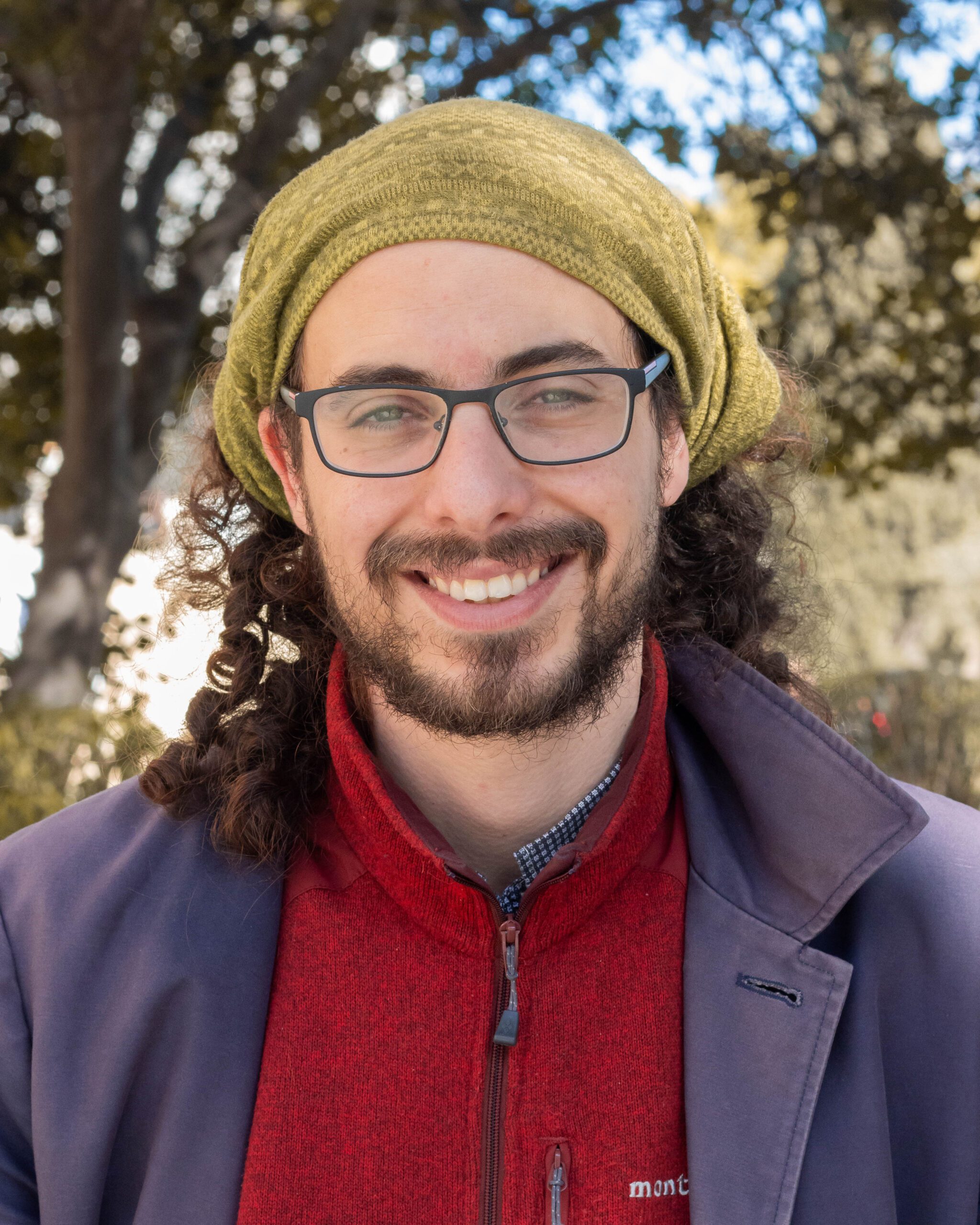Academia has long given the impression of being stuck in an ivory tower, isolated from the concerns of private enterprise and society. The global pandemic has changed that. It requires collaborative effort.
Research conducted in silos and without international collaboration is doomed to fail. Academics might be protective of their research fields or skeptical of open science policies. However, throughout the EU, there is a growing understanding of the potential impact of cross-sectoral and cross-disciplinary collaborations. It’s an exciting period, and collaborations between private and public sectors have never been more sought after!
That’s where Horizon Europe comes in. ‘Horizon’ suggests there is something out there in the great beyond; we can see it, but we can’t touch it, and it’s vast. New horizons suggest an openness or, in other words, letting go of borders. We are in a globalised society; tangible changes must be felt beyond the limits of the EU region.
The €95.5bn programme focuses on: Excellent Science, Global Challenges and European Industrial Competitiveness, and Innovative Europe. By focusing on these areas, the EU hopes to achieve the UN’s Sustainable Development Goals and bring about a greener and fairer future. Engaging in international collaboration, Horizon Europe is an opportunity to work within a global community to create lasting solutions.
The Excellent Science Pillar supports frontier research projects driven by top researchers through the European Research Council. It funds fellowships for experienced researchers, doctoral training networks and exchanges through Marie Skłodowska-Curie Actions, as well as investments in world-class research infrastructures.
The Global Challenges and European Industrial Competitiveness Pillar supports research relating to societal challenges and reinforces technological and industrial capacities through clusters. It also includes the Joint Research Centre, which supports EU and national policymakers with independent scientific evidence and technical support.
Finally, the Innovative Europe Pillar aims to make Europe a frontrunner in market-creating innovation through the European Innovation Council. It helps to develop the overall EU innovation landscape through the European Institute of Innovation and Technology, which fosters integration of the knowledge triangle of education, research, and innovation.
To make a lasting difference, academics and researchers need to work hand-in-hand with industry, policy-makers, and citizens. By expanding our horizons, we have the potential to transform our society.
If you have a project that you feel is eligible or would like to find out more about Horizon Europe, contact the Malta Council for Science and Technology for more information. Contact George Bugeja, National Contact Point for Horizon Europe at MCST, at horizon.malta@gov.mt to learn more!






Comments are closed for this article!